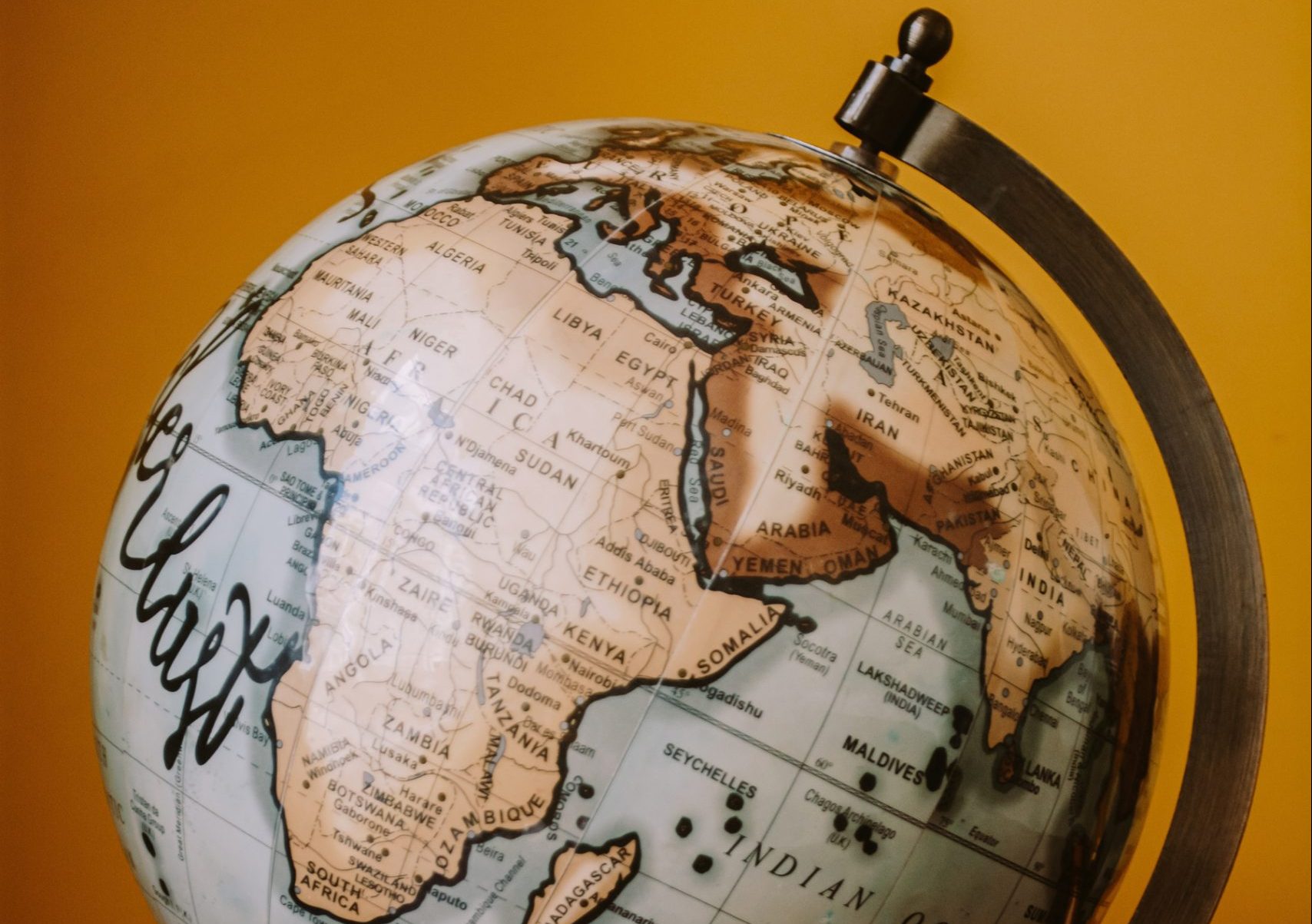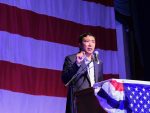Having an ethnic name is a lot like having no name, sometimes. Due to the nature of your background, there are people who will consider your name too difficult or laborious to pronounce. There are people who will slight your very existence because they consider the act of pronouncing your name a risk, a danger.
They will wish to abandon the possibility of blunder, for, to mispronounce your name is to invite shame unto themselves. This slight risk of embarrassment is too much for them, so they will fail to invoke your name so many times that it becomes a reminder of absence.
When names forego pronunciation, the identity of the name holder undergoes renunciation. When this happens, the exiled name holder suffers a loss of sense of self. This feeling of being denied personhood is amplified by the feeling of self-extinction that arrives when the name bearer feels denied of belonging. The power behind the name is self-extinguished.
Names are some of our most prominent markers of identity. They tell the world who we are and how we ought to be represented. When the world controls the sound of our names — when individuals dictate which ones ought to be heard and which ought to be silenced or erased — it controls the fate of our lives.
Once it is determined that Angela is pronounceable but Nnekakwo is unpronounceable, it becomes evident that Angela is a valid name and identity but Nnekakwo isn’t. Consequently, the world decides it will make room for Angela and honor the sanctity of her name while marginalizing Nnekakwo, because Angela belongs and Nnekakwo doesn’t. Because Angela is an easy name and Nnekakwo is just too difficult. Nnekakwo is a disenfranchised identity.
Ethnic names are conceived of as an anomaly, as opposed to Anglo-Saxon names, but not all of them bear the same capacity for trauma. African names bear the burden of being alien, foreign and Black, which makes the name holder an “other,” dissimilar to the self. Resultantly, the name holder becomes enmeshed with the experience of alienation.
When one becomes the “other,” one detaches from the experience of being real. One’s social identity as the exiled group trumps one’s self-identity as an individual.
So I, a Nigerian American, cease to be Nnekakwo when I am unnamed or horribly misnamed by society. Rather, I, Nnekakwo, become “Other” and all the negative sociopolitical terms assigned to my Nigerian heritage — scammer, invader, foreigner. I suffer all the xenophobia directed at African people, encounter the hatred of American exceptionalists and white supremacists, and am left to face all the cultural ignorance of “pure” Americans.
My name ceases to become synonymous with power or pride, and instead becomes synonymous with disempowerment and oppression. I have to regain a sense of self that isn’t tethered to the social perception of me. My social reality as an othered being overwhelms my self-reality as “me.”
I have to learn that I am worthy of existing even when the world refuses to name me. I have to accept that I have a body, even if the experience of my body isn’t always one that feels real due to the negative schemas attached to my name.
I lose something vital in this process of self-breakdown and eventual repair. I lose a solid self-concept. I lose a feeling of existential worth. I lose a sense of vital meaning — the meaning attached to my name. The beauty and the power derived within my name becomes ugly and obsolete when it is forfeited in other’s speech. It becomes taboo — unspeakable, dirty, a marker of shame.
If I internalize these messages, it is not just my name that is lost — my dignity, self-esteem and humanness are also stolen from me.
Ethnic names are worthy of being heard, worthy of being humanized and worthy of belonging. A proximity to whiteness makes certain names more pronounceable in society — the Marks, Hannahs, Ashleys, Donnas, Scotts of the world. The more distance one has to white culture, the more one is likely to be rejected in society.
When the syllables and consonants of my name are buried under another’s tongue — when their speech is smothered, due to fear of saying my name incorrectly or pure laziness — I am left to believe that my name is unsayable. Their effort to save themselves from humiliation causes me to suffer the shame that is generated from being unnamed in society.
It teaches me that the world is unwilling to commit me to history. The world is unwilling to accept my name and existence as valid. Worthy. Respectable and of belonging. And when my name is unsaid, I am made to believe that my name is simply too difficult, too challenging for the average American person — but this simply isn’t true.
Any self-respecting, conscientious person would never dare to violate the dignity or humanity of another human being by failing to afford them the basic human right to be seen and heard. There is no excuse for refusing to engage with another person’s name by proper title, and by failing to do so, people commit microaggressions — defined by Dr. Derald Wing Sue as “everyday verbal, nonverbal, and environmental slights, snubs, or insults, whether intentional or unintentional, which communicate hostile, derogatory, or negative messages to target persons based solely upon their marginalized group membership.”
My name isn’t work. The uniqueness of it shouldn’t be cause for othering. I don’t deserve to be bound up in the experience of pain or constriction produced from constantly being on the receiving end of people forming judgments and assumptions about my background, nationality or citizenship based on the supposed “complexity” of it. I don’t deserve to have my worth questioned or be told to go back to my “homeland.”
I don’t deserve to be on the receiving end of people insulting me by assuming I don’t speak English; people asking me where my (missing) accent is; people greeting me by way of shouting “Wakanda Forever!” or “Hakuna Matata” — which is highkey racist; people insulting my intelligence by commending me for speaking “proper” English — for instance, doctors remarking “you speak good English,” expecting me to speak bird or dolphin, I suppose, as opposed to broken or pidgin English, even Pig Latin — what would I speak, parseltongue?; people trying to convince me of my Americanness by downplaying my ethnic and cultural identity; people trying to simplify, whitewash and Americanize my Nigerian heritage by asking me for a nickname or inventing an American name for me to weaponize my un-Americanness; people both failing to pronounce my name entirely or repeatedly misidentifying me by mispronouncing my name, degrading my selfhood and committing to my symbolic annihilation (erasure, condemnation, and trivialization of history).
My beautiful ethnic name is sayable and pronounceable, and more importantly, worthy of being voiced by the world willingly. To strip me of my name is to strip me of my humanity. To strip me of my humanity is to deny my belonging.
















